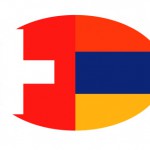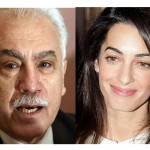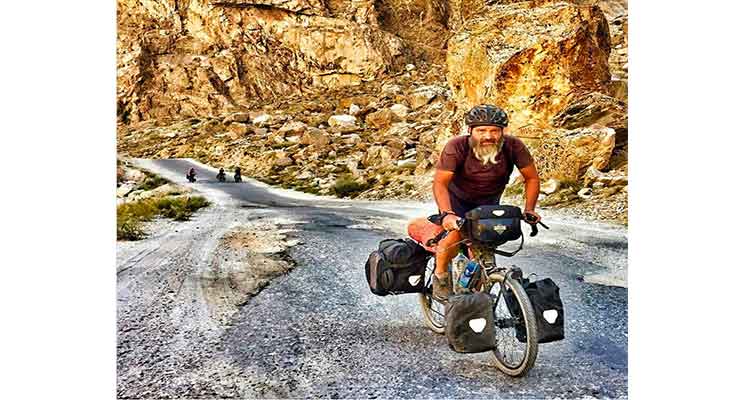 A Swiss skier’s father, Guido Huwiler, 55, and his wife Rita Ruttimann have biked 17,000 kilometers through Italy, Armenia, Thailand and a host of other countries to watch their son at the Olympics in PyeongChang, Yahoo Sports reports.
A Swiss skier’s father, Guido Huwiler, 55, and his wife Rita Ruttimann have biked 17,000 kilometers through Italy, Armenia, Thailand and a host of other countries to watch their son at the Olympics in PyeongChang, Yahoo Sports reports.
When passing through Armenia, the pair took photos of well-known spots and just gorgeous scenes in the country, posting them on Instagram and describing the warmth of the Armenian people and the breathtaking beauty of the mountains and valleys.
The couple set out from Switzerland on February 2, 2017, with the goal of biking all the way to South Korea. And, with just a week to spare, he made it in time to see his son compete in the Aerials events at Phoenix Snow Park. (Gasser’s mother was there as well, flying in like the rest of the sane planet has done.)
“My dad is crazy,” Swiss free skier Mischa Gasser laughed after his qualifying. “He was a skydiver as well in his younger age. It’s just what they have to do.”
There were some small hiccups. Huwiler and Ruttimann couldn’t bike through North Korea, of course, and couldn’t secure the necessary approval to ride through China. So they took a couple of well-timed plane flights to keep the journey moving.
The duo rode through an astounding 20 countries on their way to PyeongChang, staying in everything from hotels to tents along the way. The full list: Switzerland, Italy, Croatia, Montenegro, Kosovo, Serbia, Bulgaria, Turkey, Georgia, Armenia, Iran, Azerbaijan, Uzbekistan, Tajikistan, Kyrgyzstan, Kazakhstan, Thailand, Laos, Cambodia and finally South Korea.
“They’re here for supporting us and our [Swiss] team,” Gasser said. “All the guys think it’s just great.”

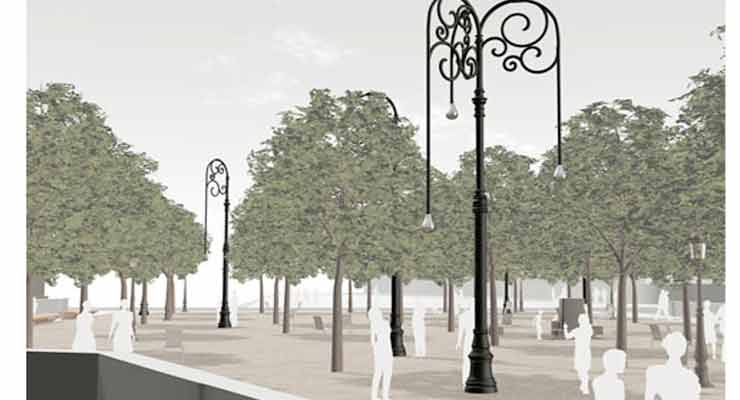 By
By 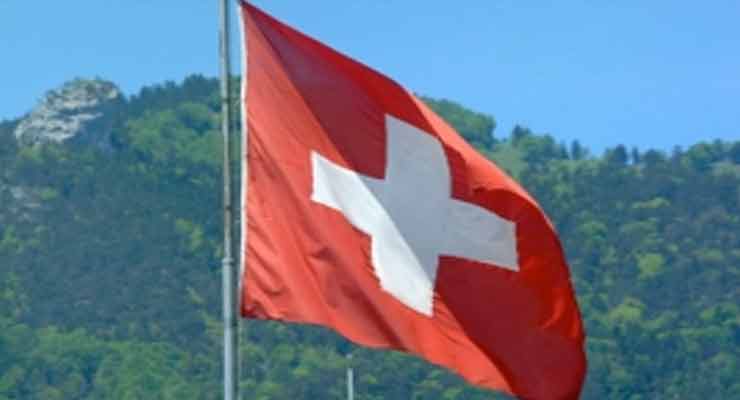 A criminal investigation has been opened into allegations that the Ankara government has spied on expatriate Turks. Several academic events in Switzerland were reportedly filmed and photographed by unspecified agents, Deutsche Welle reports.
A criminal investigation has been opened into allegations that the Ankara government has spied on expatriate Turks. Several academic events in Switzerland were reportedly filmed and photographed by unspecified agents, Deutsche Welle reports.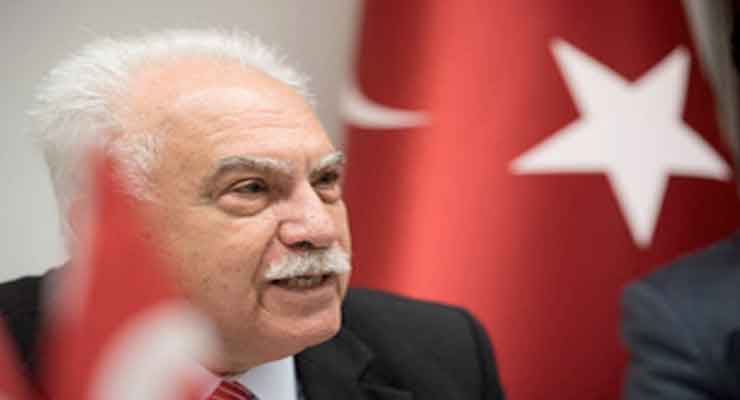 Doğu Perinçek reiterated at a press conference in Zürich that “no court had ever considered the events of 1915 in Armenia as acts of genocide”.
Doğu Perinçek reiterated at a press conference in Zürich that “no court had ever considered the events of 1915 in Armenia as acts of genocide”.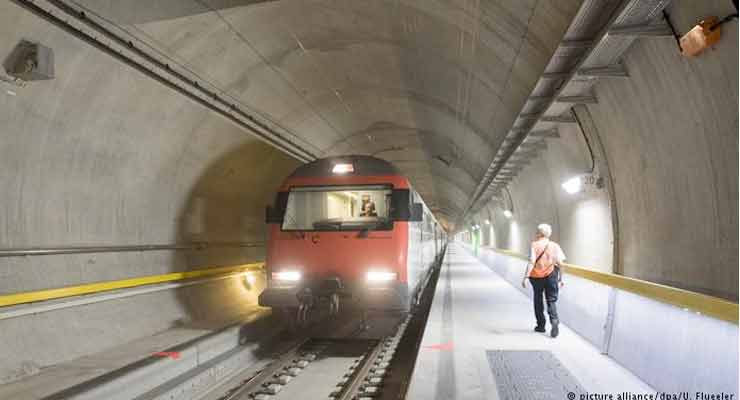 After 17 years and 11 billion euros, the first Gotthard Base Tunnel passenger train departed Zurich on Sunday morning. The express train will save passengers 30 minutes on the trip.
After 17 years and 11 billion euros, the first Gotthard Base Tunnel passenger train departed Zurich on Sunday morning. The express train will save passengers 30 minutes on the trip.

